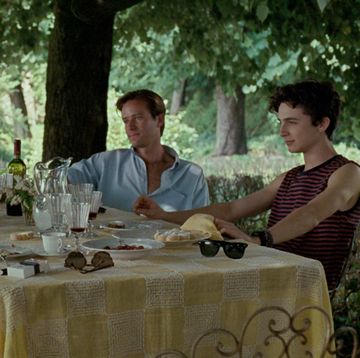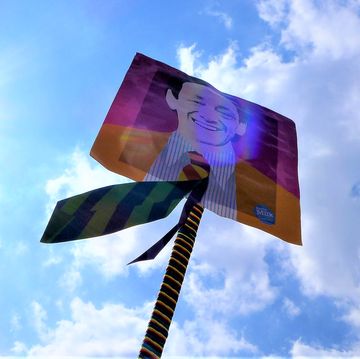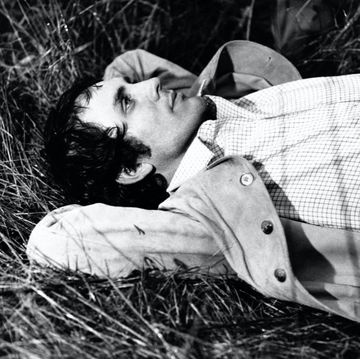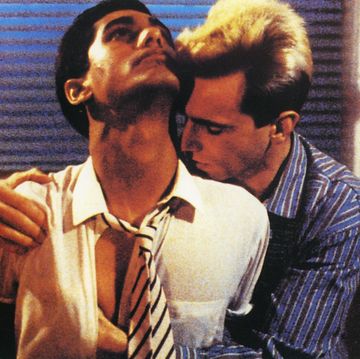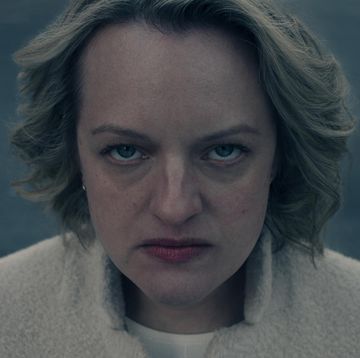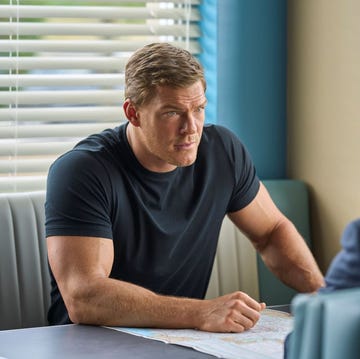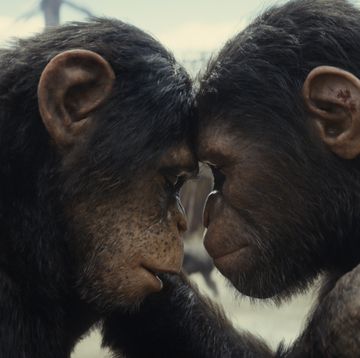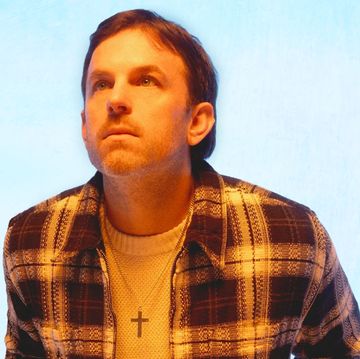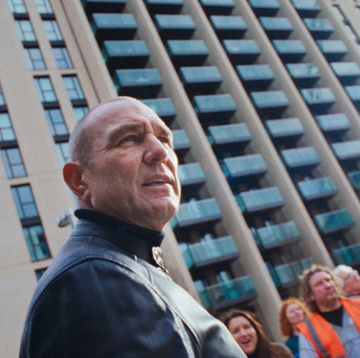The Nigerian film industry, popularly known as Nollywood, has long been notorious for demonising female characters that rebel against the social order. Historically, these misogynistic movie archetypes have been portrayed as being too ambitious, too unabashed about their sexual desires, with the aim of projecting a message of how Nigerian women shouldn’t act, lest they suffer similar fates to these big screen villains. More often than not, the moral of the story has been clear: women who defy patriarchal expectations don't have happy endings.
But times are changing. There are more female Nigerian filmmakers, producers, directors and executives than ever before, and mainstream stories have largely pivoted from villainising women to drawing nuanced portraits of them. Unfortunately, that progress hasn’t yet stretched to include Nollywood’s treatment of queer characters and filmmakers.
In deeply conservative and religious Nigeria, homosexuality is widely frowned upon and severely punished, with prison sentences of up to 14 years for public affection, same-sex unions, and even public support for the latter. Suffice to say, these draconian laws have influenced how queer stories and characters are portrayed on screen and perceived by the public, making it harder for positive narratives to see the light of day.
In the Nollywood canon, queerness has been portrayed as a morally bankrupt state of being. LGBTQ+ characters are often reduced to comic relief, other times as an ethical lesson on how not to love. As a result of their supposed degeneracy, such characters would undergo an exorcism in a church or mosque, be thrown in jail, or worse yet, killed. Their grisly fates and grim origin stories reaffirm the church and state’s most damaging attack lines against the queer community.
“Nollywood made films that depicted homosexuality as a consequence of rape and grooming,” says writer and filmmaker Dika Ofoma. “They helped reinforce already existing misconceptions of queerness and propagated them further with such films. To an extent, I would say Nollywood does bear some responsibility for how queerness is perceived in our society today.”
“I detest when they paint it out as a mental illness or a curse,” says digital archivist Theodora Imaan Beauvis, of Yung Nollywood. “It’s all very silly. Art imitates life, so I guess it’s the harmful perceptions that put them there in the first place.”
There have been some exceptions to the rule. Films like Girl’s Cot (2006), Emotional Crack (2003) and Abuja Top Ladies (2006) included queer characters in relatively non-caricatured form. Usually, in these movies, queerness represents defiance, an identifiable trait of people who are unafraid to go against the social grain. The characters, usually women, are ruthless politicians; they are gang members and robbers, and sometimes, as in the plot of Emotional Crack, they are simply two women who save each other from an abusive man. Still, their lives end in disappointment and tragedy, their fates assured from the moment their sexuality is made apparent on-screen.
Thankfully, that hasn’t stopped viewers with progressive politics from reframing problematic movies through a modern context, with Nollywood influencers like Yung Nollywood and Nollybabes taking a fresh look at these films on social media, with the aim of reframing hurtful homophobic narratives from the past. By curating short clips and pictures, inspired in part by the resurgence of Y2K fashion, these characters have even become bonafide style icons for the younger generation, representing women who insist on retaining their full sense of humanity.
What’s more, some queer Nigerian filmmakers have been emerging from the cracks to release films that humanise queer characters, in spite of the structural challenges they face. Films like Ife (2020), written and directed by Uyai Ikpe-Etim and Pamela Adi, and Hell or High Water (2016), produced by The Initiative For Equal Rights, a Nigerian human rights organisation, empathise with queer characters, casting them in storylines where love between two men or women isn’t scandalised or lumped in with an underlying devious character trait.
So what does the future look like for queer stories in Nigerian cinema? The answer isn't simple. “Nollywood is not an industry of conscious films, so I doubt [the future looks good],” says filmmaker Dika Ofoma. “I don't have much hope for Nollywood as an industry taking on queer stories.”
But Theodora Imaan Beauvis believes that change is afoot. “Nollywood can’t escape the queer story.”


